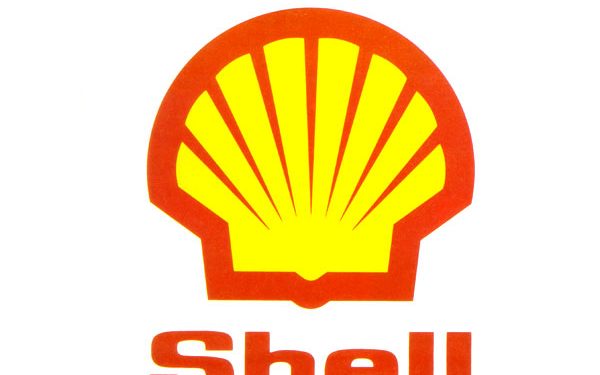Shell Plc in its report on payments to governments, yesterday, unveiled the amount paid to different governments where it operates. This comes despite the challenges of crude theft and pipeline vandalisation witnessed in the sector in recent times. According to the Federal Government, last year, earned $4.48 billion from Shell companies in Nigeria in royalties, taxes and other payments.
The country’s crude production recorded sub-optimal performance last year, owing to theft and asset vandalism despite improved quota allocation from the Organization of the Petroleum Exporting Countries (OPEC).
The Shell companies, including the Shell Petroleum Development Company of Nigeria Limited (SPDC), Shell Nigeria Exploration and Production Company Limited (SNEPCo) and Shell Nigeria Gas paid a combined $6 billion in direct taxes between 2015 and 2020 to the government, according to the Federal Inland Revenue Service (FIRS). Shell’s largest payment in Nigeria, last year, was to Nigerian National Petroleum Company (NNPC) Limited with $2.89 billion in production entitlement.
The amount included a payment of $2.61 billion. The company also paid $573.4 million in royalties and $511.27 million in taxes. On an asset basis, Shell paid out $1.55 billion for its OPL 212/OML 118 and OPL 219/OML 135 package, covering the Bonga field. Of the payments to Nigeria, $458.59 million came from Shell Petroleum Development Company (SPDC). This Shell unit works via a joint venture with NNPC in Nigeria’s onshore.
The company is working to reduce its onshore footprint. Shell paid $20.86 billion in taxes in 2021. Payments to Nigeria accounted for 21.5 per cent of 2021’s total, the lowest since 2017. Nigeria also accounted for all the sabotage and theft incidents that caused spills for Shell in 2021. The company reported the number of spills fell to 106, from 122. However, the volume increased, from 1,500 tonnes in 2020 to 3,300 tonnes in 2021.
In an attempt to prevent theft, SPDC has installed steel cages on wellheads in Nigeria. By the end of last year, it had installed 283 cages, including 62 with CCTV. SPDC has 360 oil producing wells in Nigeria and 60 producing gas wells. It also controls around 4,000 km of pipelines and flowlines. The SPDC joint venture reported gross production of 503,000 barrels of oil equivalent per day in 2020, in which Shell has a 30 per cent stake. Shell reported SPDC was continuing to review its onshore oil portfolio in Nigeria.
“In the last decade, SPDC has reduced its licences in this area by half,” the report said. In recognising Shell’s contributions to Nigeria, the FIRS, last week, named Shell as a “leading tax compliant organisation in Nigeria for 2021”. The Executive Chairman of the FIRS, Muhammad Mamman Nami, noted that Shell companies demonstrated commitment to paying all government taxes hence the two awards.
Managing Director, SPDC and Country Chair, Shell Companies in Nigeria, Osagie Okunbor, said he was happy that government partners and stakeholders recognised Shell’s significant contributions to the revenue of Nigeria by which the government can grow the economy and bring about developments to every part of the country.
Okunbor said: “Nigeria is an important heartland for Shell, and will remain so. We will continue to invest in the country to help meet its energy needs, with a focus on growing our deep-water and gas positions.” Okunbor, who was represented at the event by a director of the SPDC and General Manager, Business Government Relationship, Bashir Bello, said Shell companies would remain committed to expanding their gas portfolio for domestic and export markets while also increasing access to energy for Nigerians.”














